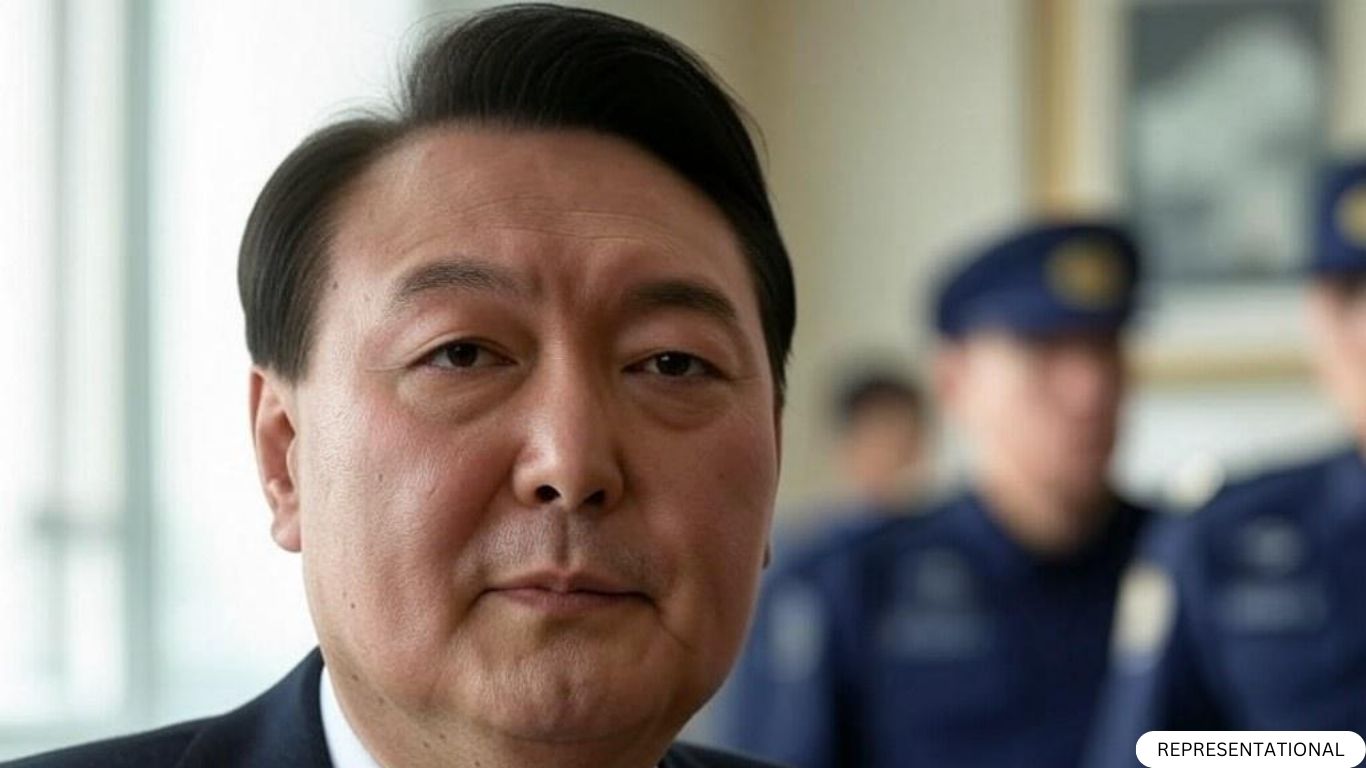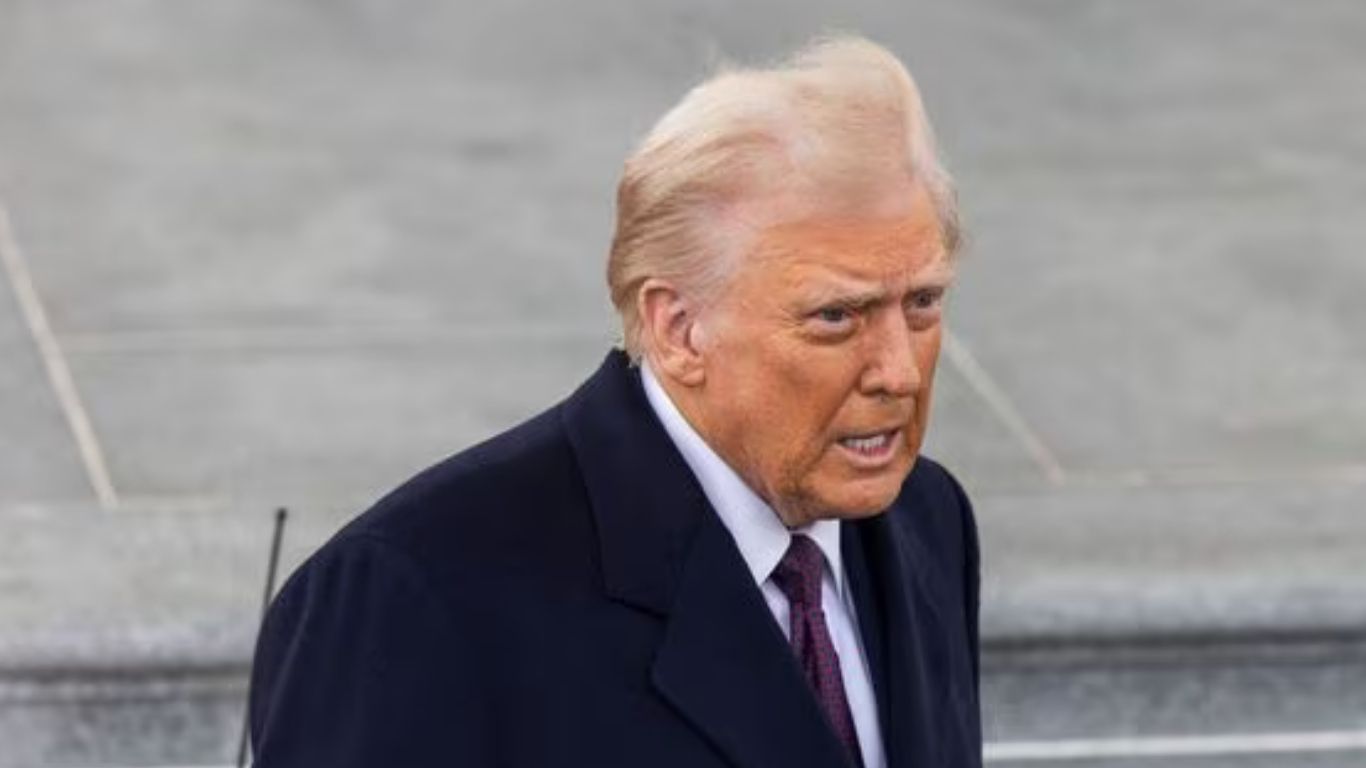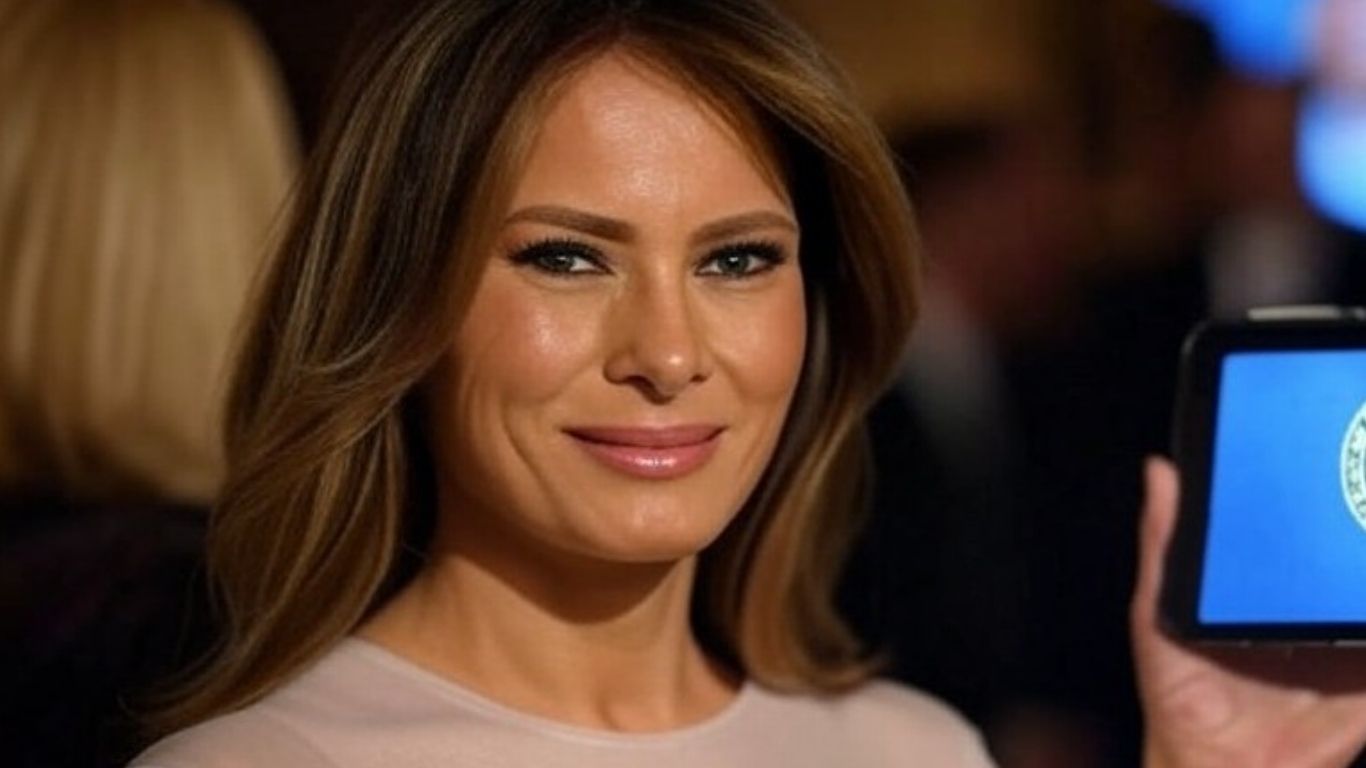South Korea finds itself in political turmoil as thousands of protesters braved a snowstorm in Seoul over the suspended President Yoon Suk Yeol’s controversial martial law attempt. With Yoon resisting arrest from the safety of the presidential residence and the arrest warrant deadline looming, tensions have reached a boiling point. This dramatic standoff has divided the nation, with pro- and anti-Yoon factions clashing in the streets and the international community watching closely.
Yoon Suk Yeol’s Failed Martial Law Declaration
The Declaration That Shook the Nation
Last month, President Yoon declared martial law in a controversial move that plunged South Korea into political chaos. The declaration, widely seen as a desperate attempt to consolidate power, backfired and led to his suspension.
The Legal and Political Fallout
Yoon now faces serious criminal charges, including insurrection—one of the rare crimes for which presidential immunity does not apply. If convicted, he could face severe penalties, including imprisonment or even the death penalty.
The Arrest Drama: A Presidential Resistance
A House Under Siege
Yoon has holed up in the presidential residence, protected by hundreds of loyal security officers who have thwarted investigators’ attempts to arrest him. On Friday, a high-stakes attempt to execute the arrest warrant was called off due to safety concerns.
The Arrest Warrant Deadline
The arrest warrant against Yoon expires at midnight on Monday, adding urgency to the situation. If executed, Yoon would make history as the first sitting South Korean president to be arrested.
Protests in the Snow: A Nation Divided
Anti-Yoon Protests: Fighting for Democracy
Thousands of anti-Yoon protesters took to the streets despite a severe snowstorm. Demonstrators like Lee Jin-ah, 28, expressed their commitment to democracy, with some camping outside the presidential residence overnight.
“I quit my job to protect our country and democracy,” Lee said, reflecting the resolve of many in the anti-Yoon camp.
Pro-Yoon Supporters: Defending the President
Pro-Yoon supporters also gathered near his residence, undeterred by the harsh weather. Park Young-chul, a veteran in his 70s, drew parallels between the current political climate and past struggles against communism, vowing to stand by Yoon until the end.
The Role of the Presidential Security Service
Allegations of Insurrection
The opposition Democratic Party has called for the dissolution of the Presidential Security Service, accusing it of acting as a force of insurrection by obstructing Yoon’s arrest.
“There is no longer any justification for its existence,” stated Park Chan-dae, the Democratic Party’s floor leader.
Refusal to Cooperate
Security officials have refused to cooperate with police questioning, citing their duty to protect the president. This defiance has further inflamed tensions, with calls for the acting president, Choi Sang-mok, to intervene.
International Implications: Antony Blinken’s Visit
U.S. Secretary of State Steps In
U.S. Secretary of State Antony Blinken arrived in Seoul late Sunday amidst the crisis. Scheduled to meet South Korean officials on Monday, Blinken is expected to address the situation delicately, emphasizing stability and continuity in the policies of a key U.S. ally.
The Global Significance of the Crisis
As a vital security partner in the region, South Korea’s internal stability is of international importance. Blinken’s involvement underscores the global stakes of the ongoing crisis.
Yoon’s Impeachment Trial: What’s Next?
The Constitutional Court’s Role
South Korea’s Constitutional Court has set January 14 as the start date for Yoon’s impeachment trial. The court has up to 180 days to decide whether to dismiss him permanently or reinstate his powers.
Yoon’s Absence
Yoon is not required to attend the trial, and proceedings will continue in his absence. This aligns with past cases involving impeached presidents, such as Roh Moo-hyun and Park Geun-hye.
Public Sentiment: A Nation on Edge
Polarized Opinions
The standoff has deepened divisions in South Korean society. While anti-Yoon protesters demand accountability, his supporters frame the impeachment and arrest efforts as politically motivated attacks on a sitting president.
The Role of Social Media
Yoon’s public statements, including a vow to “fight” his detractors, have fueled the controversy. His use of YouTube livestreams to rally support highlights the growing influence of digital platforms in modern political movements.
A Precarious Moment for South Korea
South Korea stands at a critical juncture as it navigates the fallout from Yoon Suk Yeol’s controversial actions. With the arrest warrant deadline fast approaching and the impeachment trial set to begin, the nation faces weeks of uncertainty. Whether through legal resolution or continued protests, the outcome of this crisis will have lasting implications for South Korea’s democracy and its global reputation.















